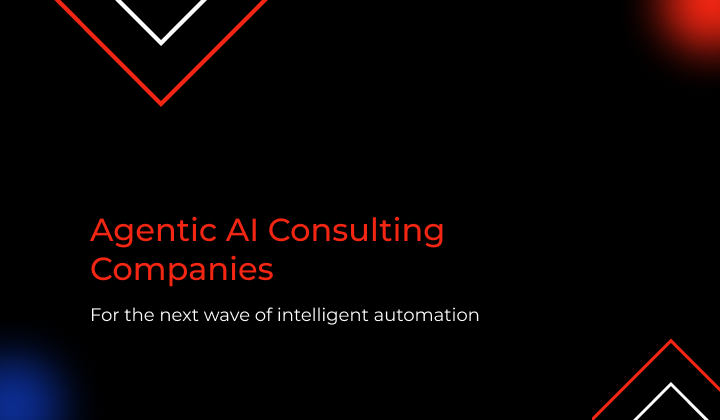Imagine a world where computers can solve problems in seconds that would take today’s best supercomputers millions of years.
This isn’t science fiction – it’s the promise of quantum computing.
And when you pair this groundbreaking technology with artificial intelligence (AI), the possibilities are beyond exciting.
Let’s dive into how quantum computing could reshape AI applications, making them faster, smarter, and more powerful than ever before.




 12 mins
12 mins











 Talk to Our
Consultants
Talk to Our
Consultants Chat with
Our Experts
Chat with
Our Experts Write us
an Email
Write us
an Email







